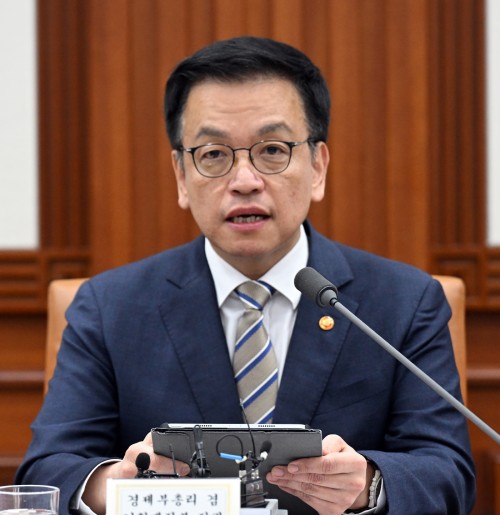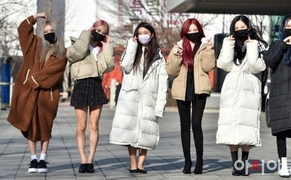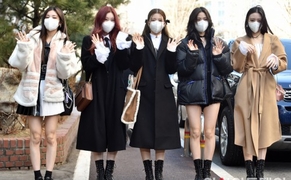 |
| Deputy Prime Minister and Finance Minister Choi Sang-mok speaks during an economic ministers' meeting and an inter-ministerial meeting on industrial competitiveness at the Government Complex Seoul in Jongno District, Seoul, on April 15. / Photo by Park Seong-il |
Deputy Prime Minister and Finance Minister Choi Sang-mok is scheduled to meet with U.S. Treasury Secretary Scott Besant next week during his visit to Washington, D.C., where discussions are expected to focus on the emerging issue of reciprocal tariffs.
According to the Ministry of Economy and Finance on April 16, Choi will attend the G20 finance ministers' meeting starting April 22 and hold bilateral talks with Besant on trade-related matters during his trip. A ministry official confirmed, “The U.S. proposed the meeting during Minister Choi’s visit. We’re currently coordinating the final schedule and participants.”
The U.S., having granted a 90-day grace period before imposing reciprocal tariffs on allied countries excluding China, is seeking early trade deals with five close partners—South Korea, Japan, the United Kingdom, Australia, and India. Japan held the first ministerial-level talks with the U.S. on the same day, and Choi’s upcoming meeting is widely seen as part of this broader negotiation strategy.
U.S. President Donald Trump previously revealed he had discussed key trade and economic issues with Acting President Han Duck-soo, including Korea’s trade surplus with the U.S., tariffs, shipbuilding, large-scale LNG purchases, and a joint Alaska pipeline project.
To prepare for the talks, Choi convened the first-ever “Economic Security Ministers’ Meeting” on April 15, where ministries assigned responsibilities based on the U.S.’ main points of interest. This marks the launch of full-scale preparations, including the creation of a negotiation framework under Choi’s leadership.
The Korean government plans to propose a trade package that includes efforts to improve trade balance and reduce non-tariff barriers, aiming to minimize tariff burdens. The roadmap is expected to outline a dual approach: expanding imports of U.S. gas, oil, and agricultural goods, while increasing local production in the U.S. of key Korean exports like autos and semiconductors—moves anticipated to deliver visible trade balance improvements during Trump’s presidency.
The government will also focus on resolving non-tariff barrier issues, which Washington has cited as justification for reciprocal tariffs despite South Korea being an FTA partner.
Additionally, areas of U.S. interest—such as shipbuilding cooperation and Korea’s participation in the Alaska LNG project—are expected to be used as strategic bargaining chips. Vice Industry Minister Choi Nam-ho recently said, “We view the Alaska LNG project as a potential part of our tariff negotiation package with the U.S.”
The Korean government is also preparing for the possibility that the U.S. might bring up the issue of South Korea’s defense cost-sharing for U.S. troops during the trade talks.
Most Read
-
1
-
2
-
3
-
4
-
5
-
6
-
7





















